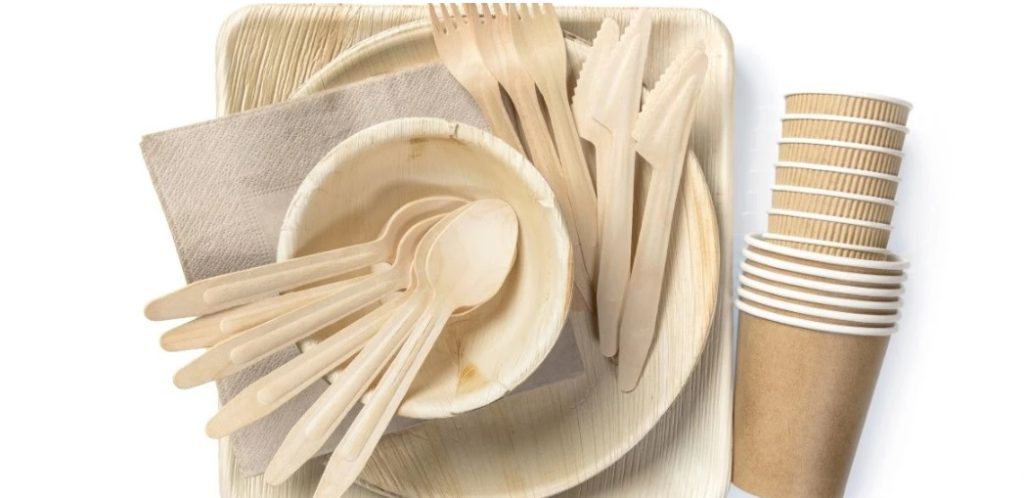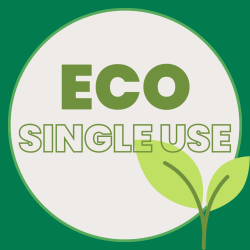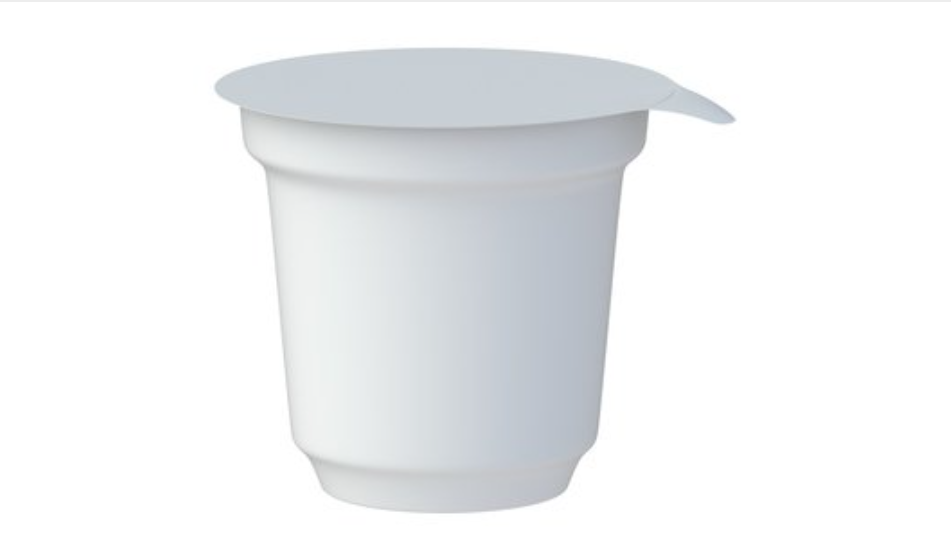Ban on Single-Use Plastic in the Netherlands

As in many other EU countries, single-use plastic is increasingly under scrutiny in the Netherlands to protect the environment. Based on the Single-Use Plastics Directive (EU) 2019/904 of the European Parliament, more and more EU member states are implementing regulations to reduce the environmental impact of certain plastic products.
Since July 2023, for example, Dutch consumers have been paying an additional fee for their single-use plastic cups or containers, especially for to-go products. The fee also applies to paper cups with a plastic lining and to-go packaging available in supermarkets. Since January 2024, the additional regulation on Single-Use Plastic has been in force. As a result of this regulation, various single-use plastic products are no longer available in Dutch stores. Instead, there is a shift towards environmentally friendly and reusable alternatives.
In addition to this regulation, a ban on the use of microplastics in cosmetic products has come into effect. The ban on these tiny plastic particles, which are found in many personal care products, is intended to help improve water quality and protect our marine ecosystems.
These Products Are Affected:
– Plastic bags, straws, single-use plastic cups
– Single-use plastic containers, tableware, and cutlery
– Styrofoam cotton swabs, balloon sticks, and stirrers
– Styrofoam food packaging
– Microplastics in cosmetic products
Implementation of the Ban in Trade and Gastronomy
The new regulation distinguishes between consumption or consumption on-site and consumption on the go, resulting in slightly different interpretations for trade and gastronomy. The Dutch government sets guidelines for the surcharge that consumers must pay for single-use plastic products. For instance, the proposed surcharge for cups is 25 cents per cup, 50 cents per meal, and five cents for small storage containers.

Areca palm leave and wood alternatives to plastic single use utensils
Single-Use Plastic in Retail
Consumers pay an additional fee for single-use containers with plastic content for ready-to-eat meals at places like supermarkets, bakeries, or kiosks where on-site consumption is not provided. The amount of the surcharge can be determined by the respective companies. However, the costs must be listed separately on the receipt so that consumers can clearly see what they are paying for the use of single-use plastic products. There is no additional fee for containers with food that are not directly ready to eat and, for example, need to be heated before consumption.
If on-site consumption is offered, single-use containers with plastic may not be provided. Instead, retailers must offer a reusable option or allow customers to bring their own containers.
Single-Use Plastic in Gastronomy
For on-site consumption, it is prohibited for restaurateurs to provide single-use containers made of plastic. Instead, reusable tableware must be used or the use of customers’ containers must be offered.
However, for takeaway or delivery of food, single-use containers can be used as long as customers pay an additional fee for the containers. Again, the surcharge must be listed separately on the bill. Alternatively, reusable alternatives with a return system or customers’ containers can also be used here.
Single-Use Plastic in Businesses
Since 2024, the ban on single-use plastic also applies to corporate canteens, offices, or institutions. Washable tableware must be used here. Alternatively, reusable containers or customers’ containers can also be used. An exception is made for healthcare facilities such as hospitals.
Conclusion: Ban Serves Environmental Protection
With these measures, the Netherlands is implementing the EU directive to reduce single-use plastics. The measures are intended to reduce the large amounts of single-use plastic waste and strengthen the use of reusable alternatives. In the long term, this should protect the environment and strengthen the use of recyclable materials.
(Source: LIZENZERO.EU)




